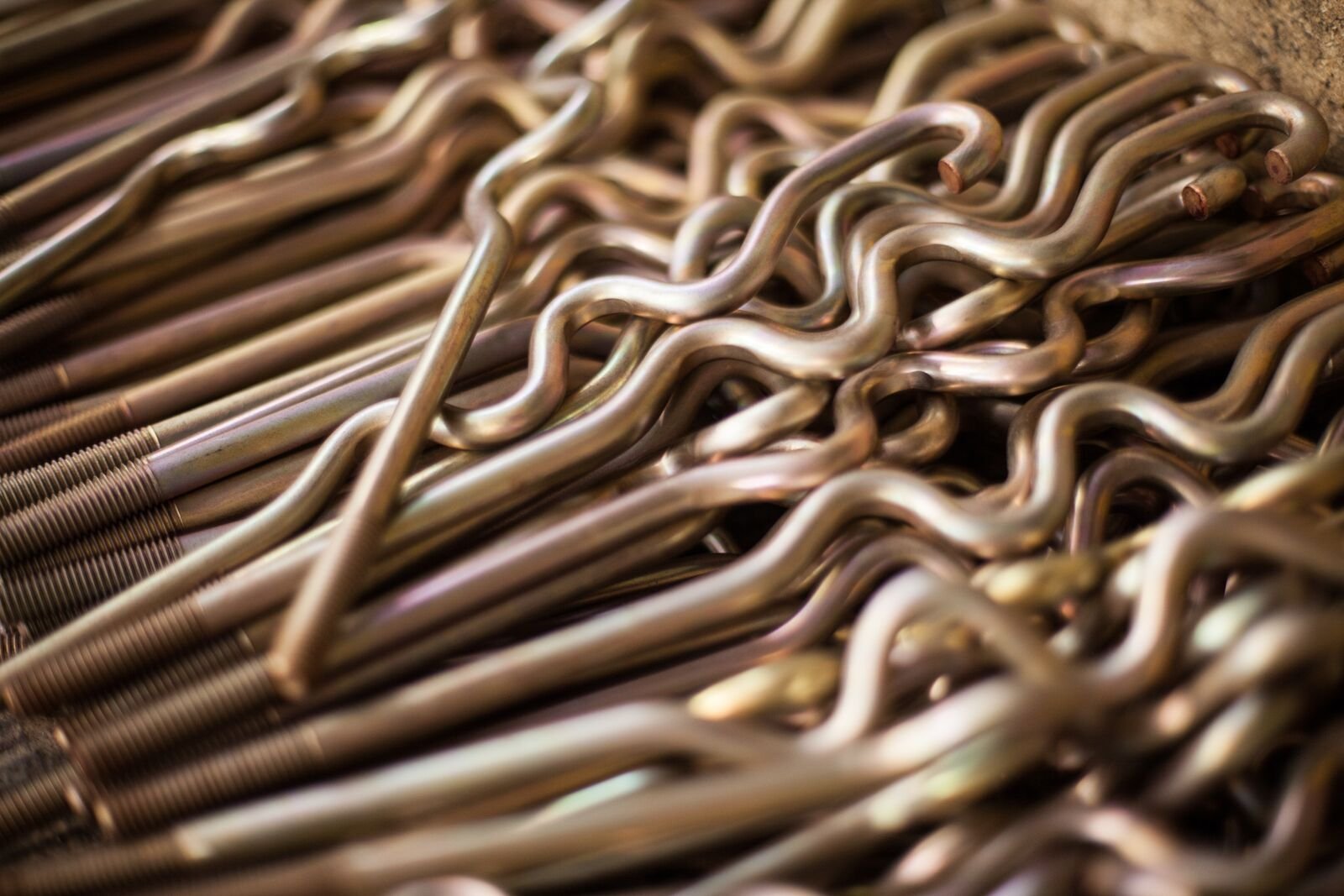
Bent Bolts & Threaded Products
THREADED STUDS • L-BOLTS • V-BOLTS • J-BOLTS • SPECIALTY WIRE FORMS
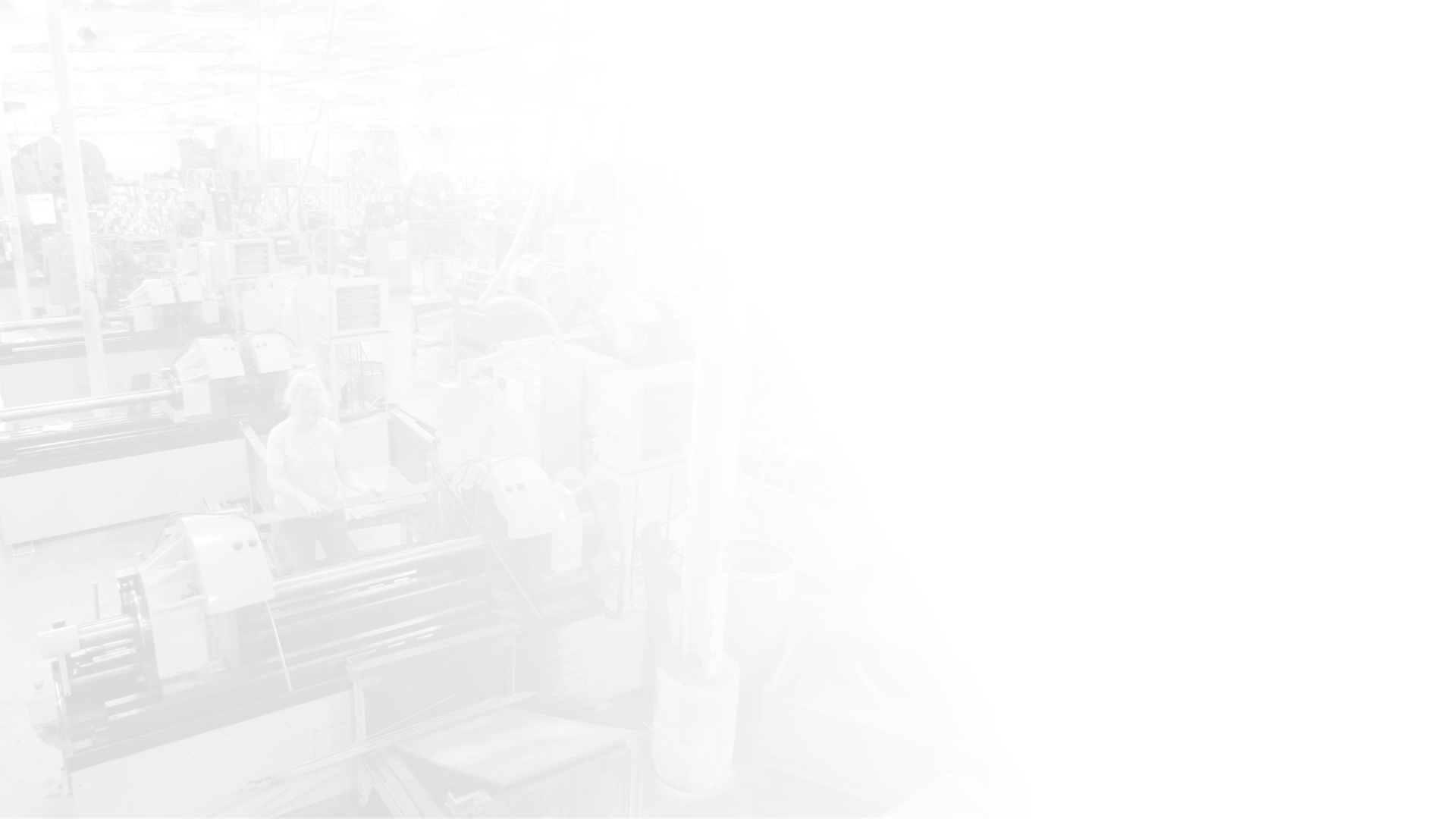
Threaded Studs
Double End Studs, Single End Studs, and Fully Threaded Studs are all types of fasteners used in various applications to join two components together.
These types of studs come in various materials, sizes, and thread configurations, making them versatile for different applications. The choice of stud depends on the specific requirements of the application, including the load-bearing capacity, environmental conditions, and the desired level of adjustability.
Double End Studs: Double End Studs, also known as double-ended studs, have threads on both ends with an unthreaded section in the middle. Both ends may have the same or different thread lengths depending on the application.
Single End Studs: Single End Studs have threads on one end and an unthreaded portion on the other.
Fully Threaded Studs: Fully Threaded Studs have threads along the entire length. There is no unthreaded portion, and they are uniform in diameter from end to end.
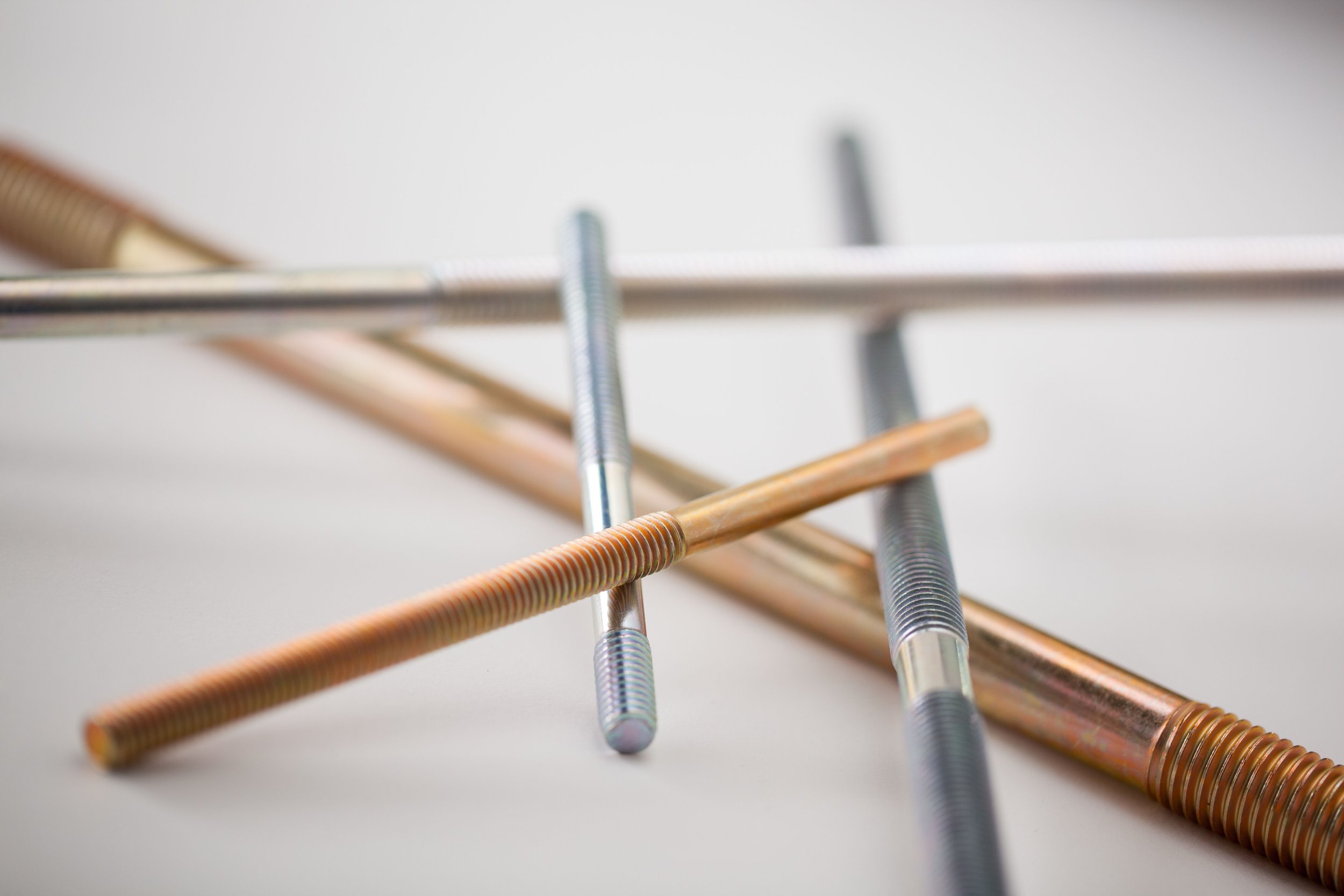
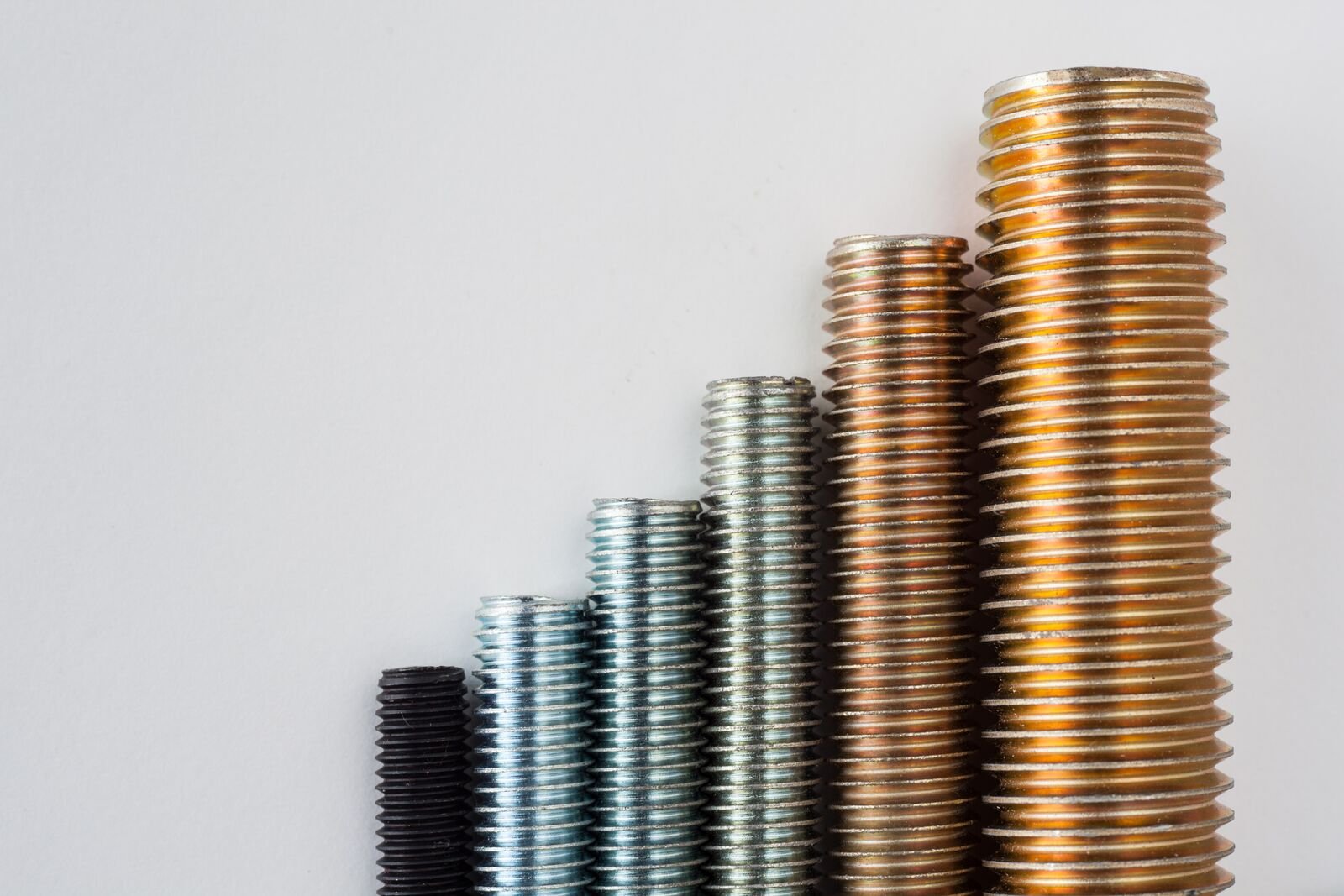
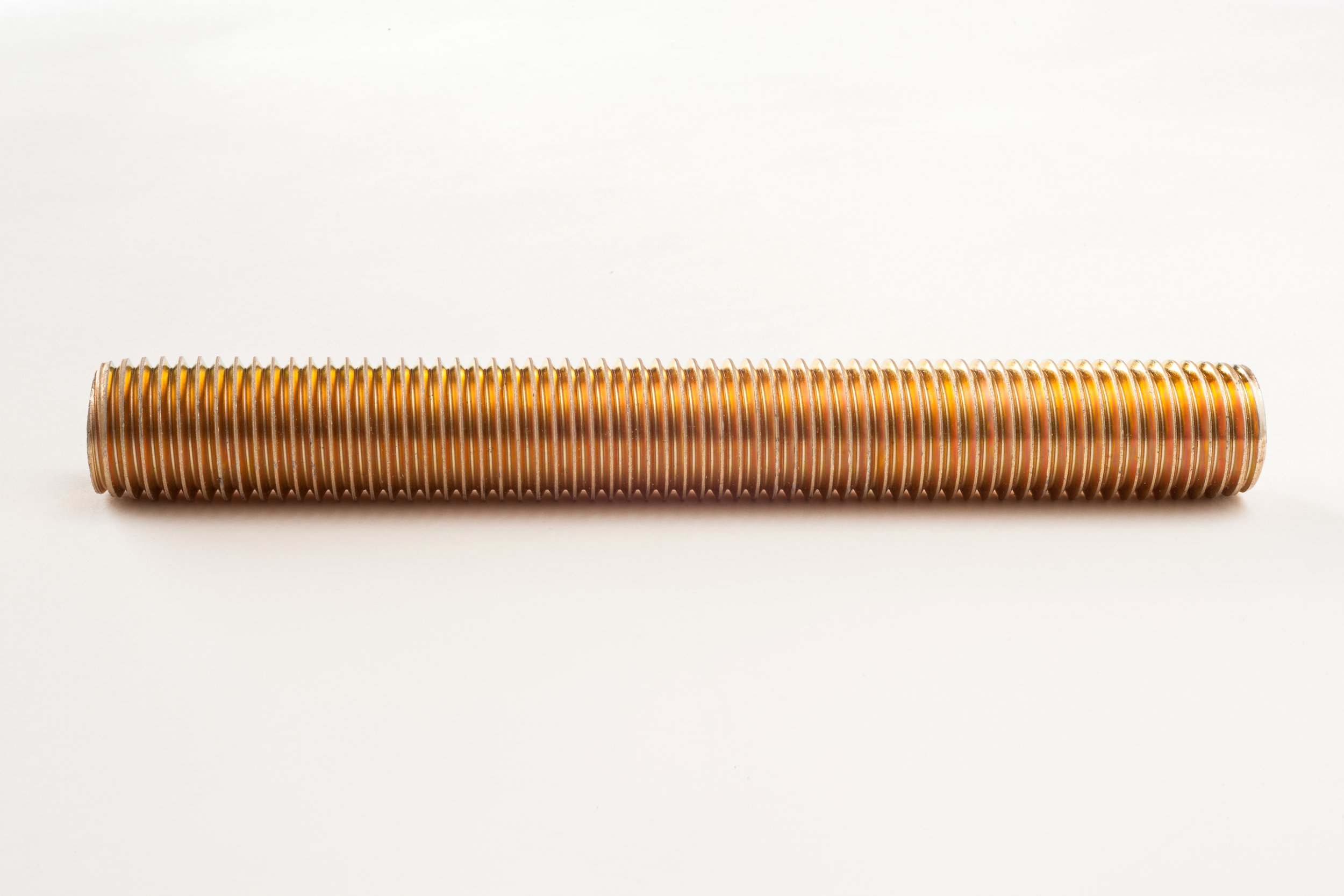
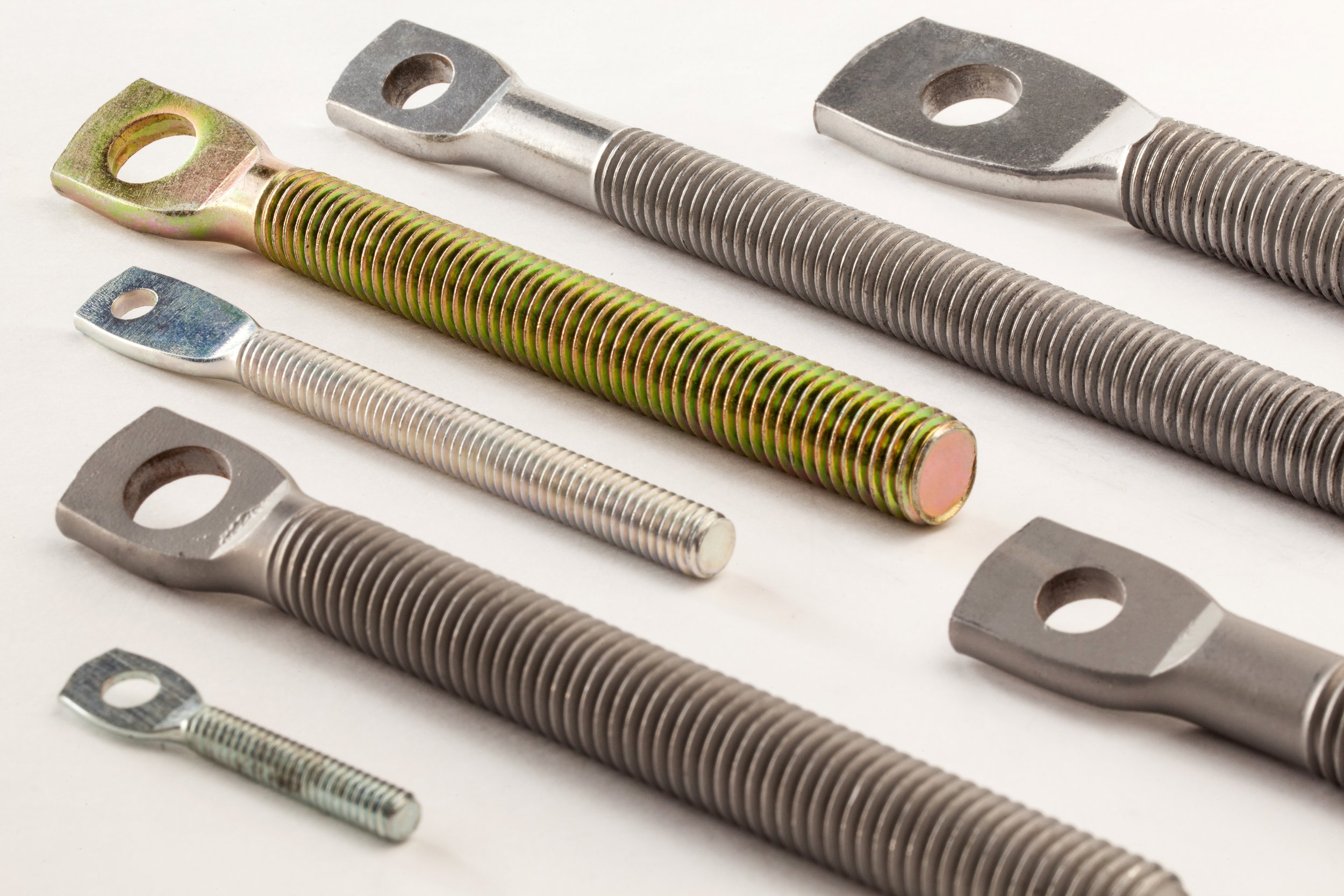
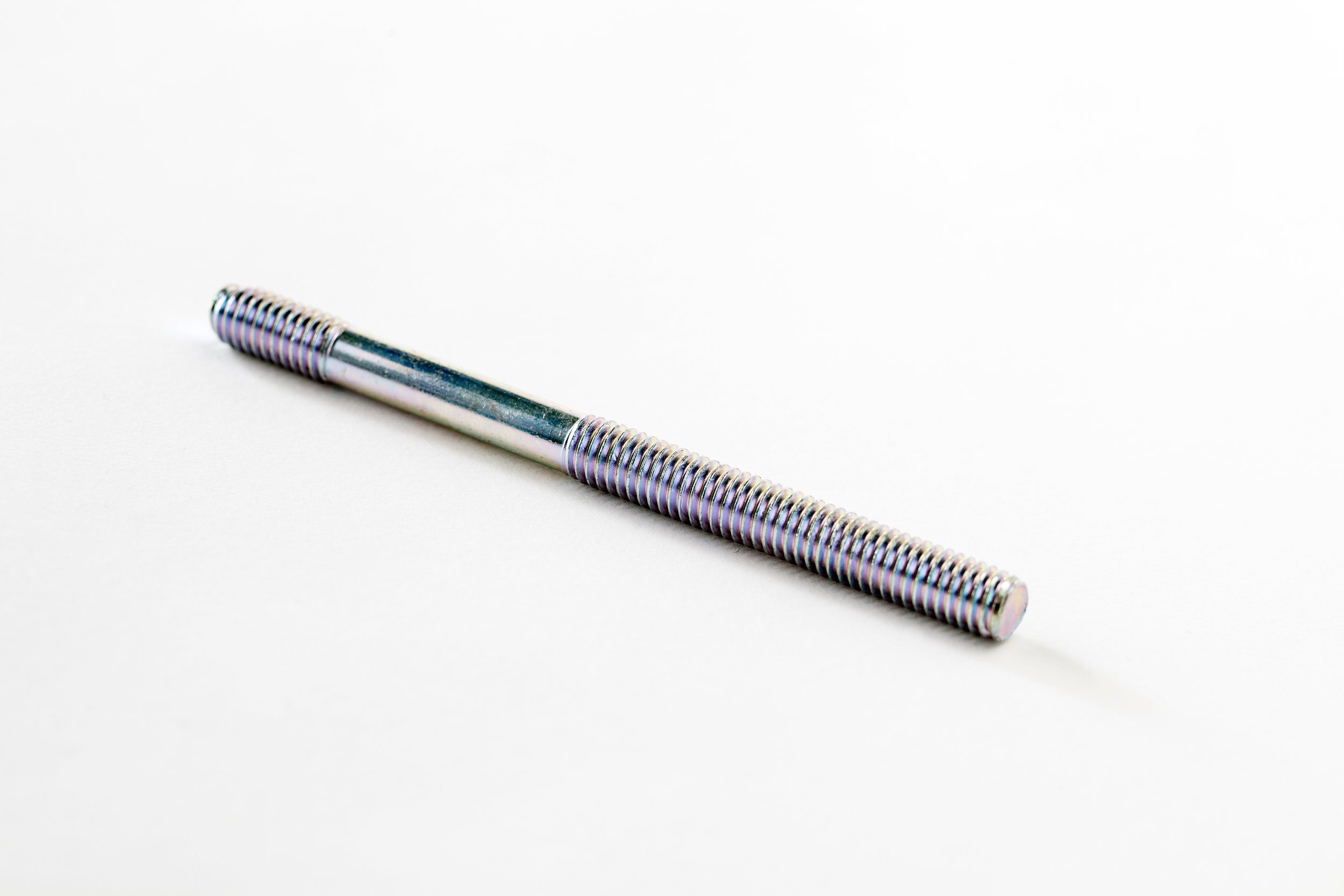
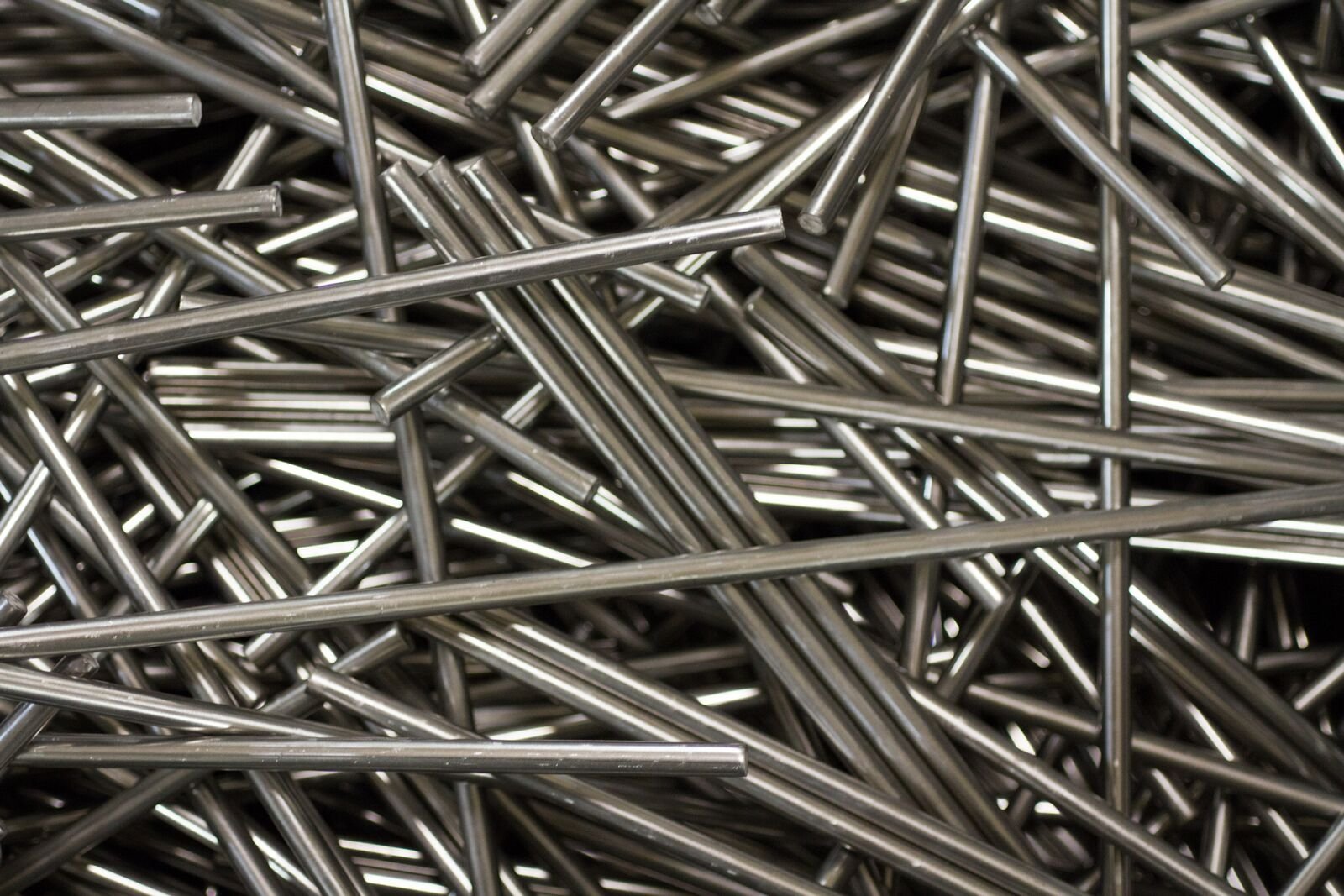

The design of L-bolts typically features a threaded section at one end and an L-shaped bend at the other. The threaded end is used for securing nuts, washers, or other fastening components, while the bent portion provides stability and prevents the bolt from pulling out of the substrate.
These bolts come in various sizes and materials to suit different applications and load requirements. The choice of L-bolt depends on factors such as the type of structure, load capacity, and environmental conditions.
L-bolts are essential fasteners used in construction and engineering to anchor structures to concrete or masonry surfaces, providing stability and ensuring the integrity of the built environment.
L-Bolts
We offer customized L-bolts that contain the necessary strength, finishes and threading. They are often used to connect a plate member to a masonry or concrete foundation along with anchoring many types of structural elements, including sign structures and columns.
L-bolts, also known as anchor bolts, are a type of fastener commonly used in construction and engineering applications. These bolts play a crucial role in anchoring structures to concrete or masonry surfaces.
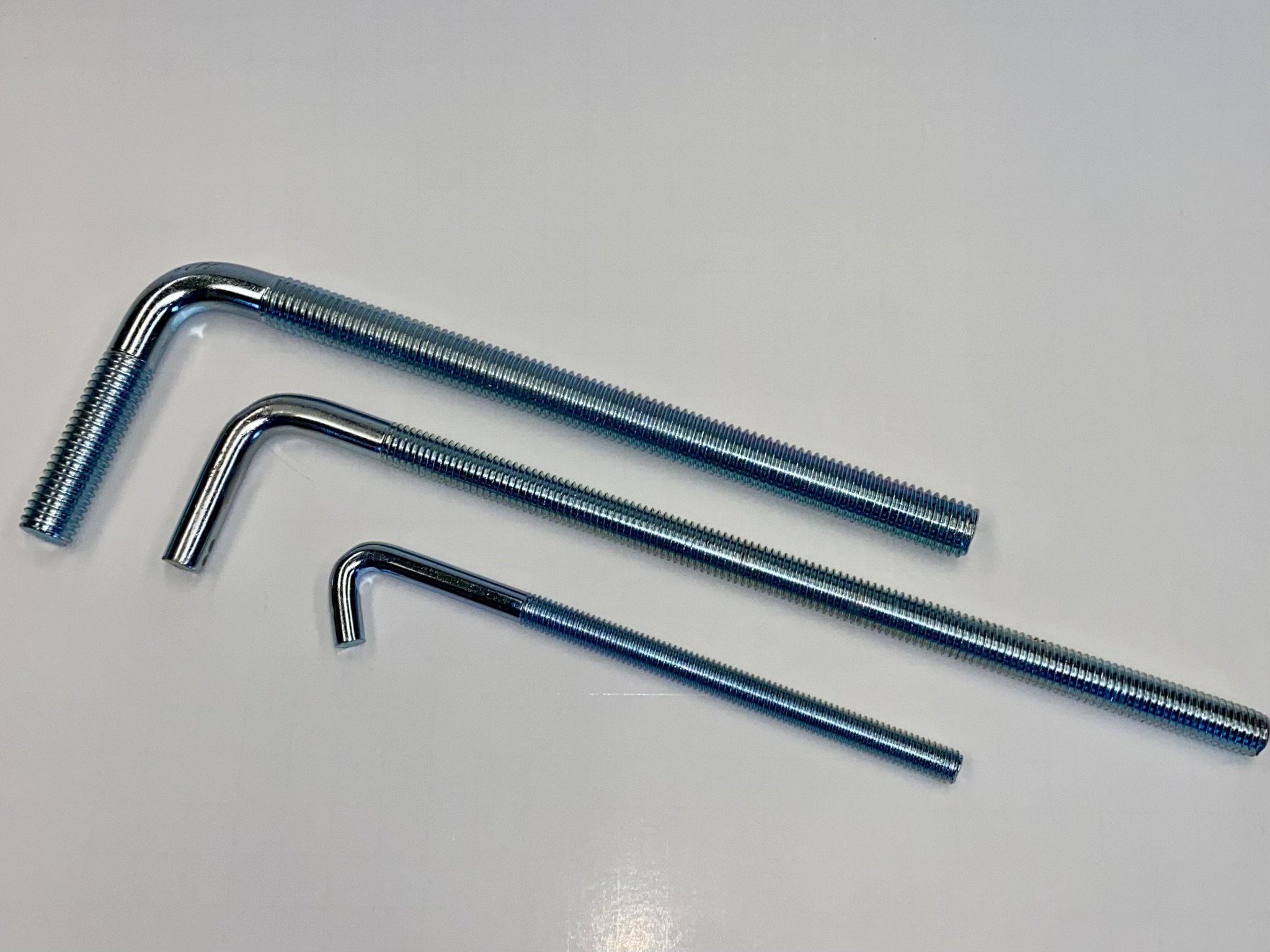
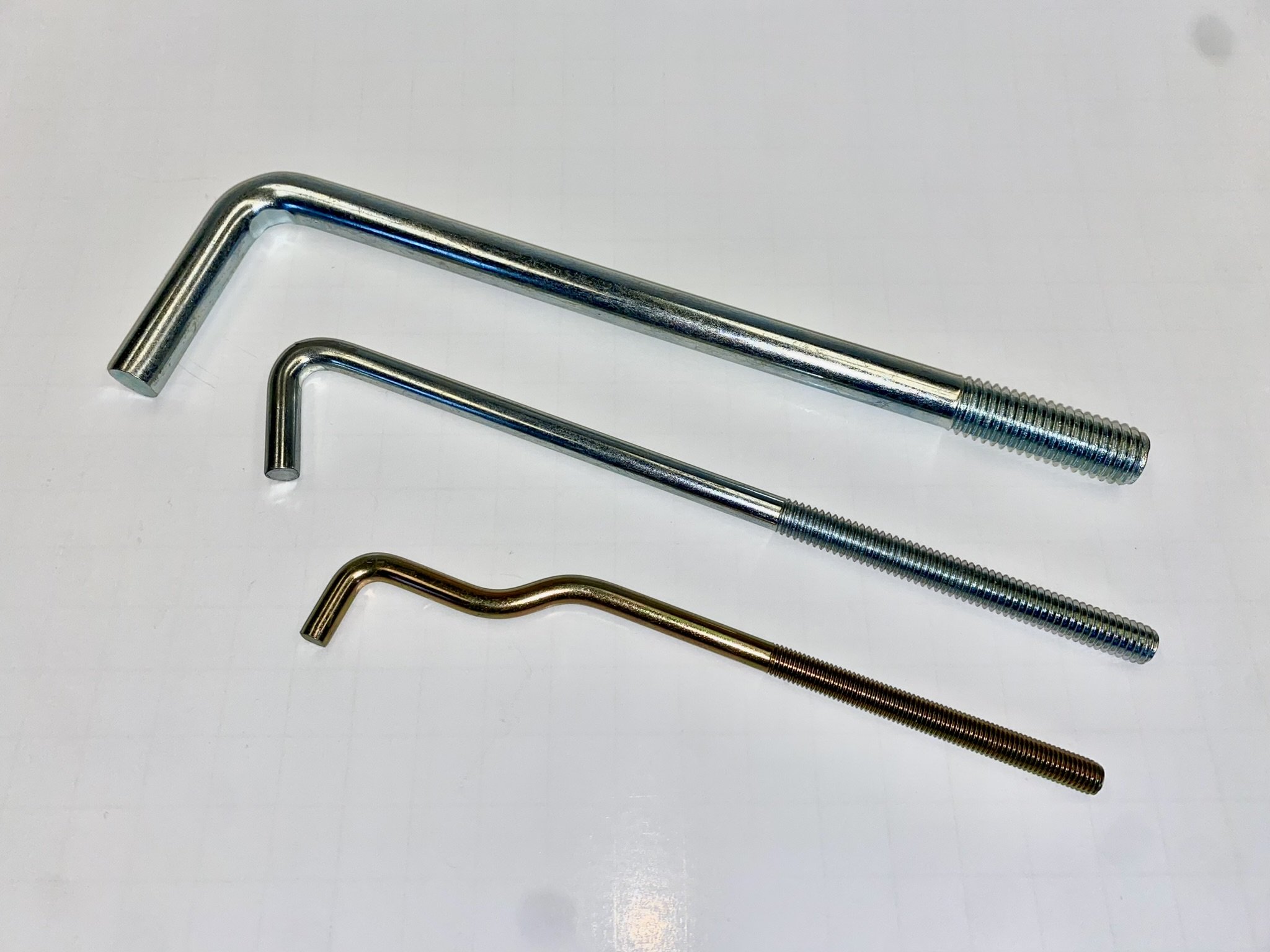
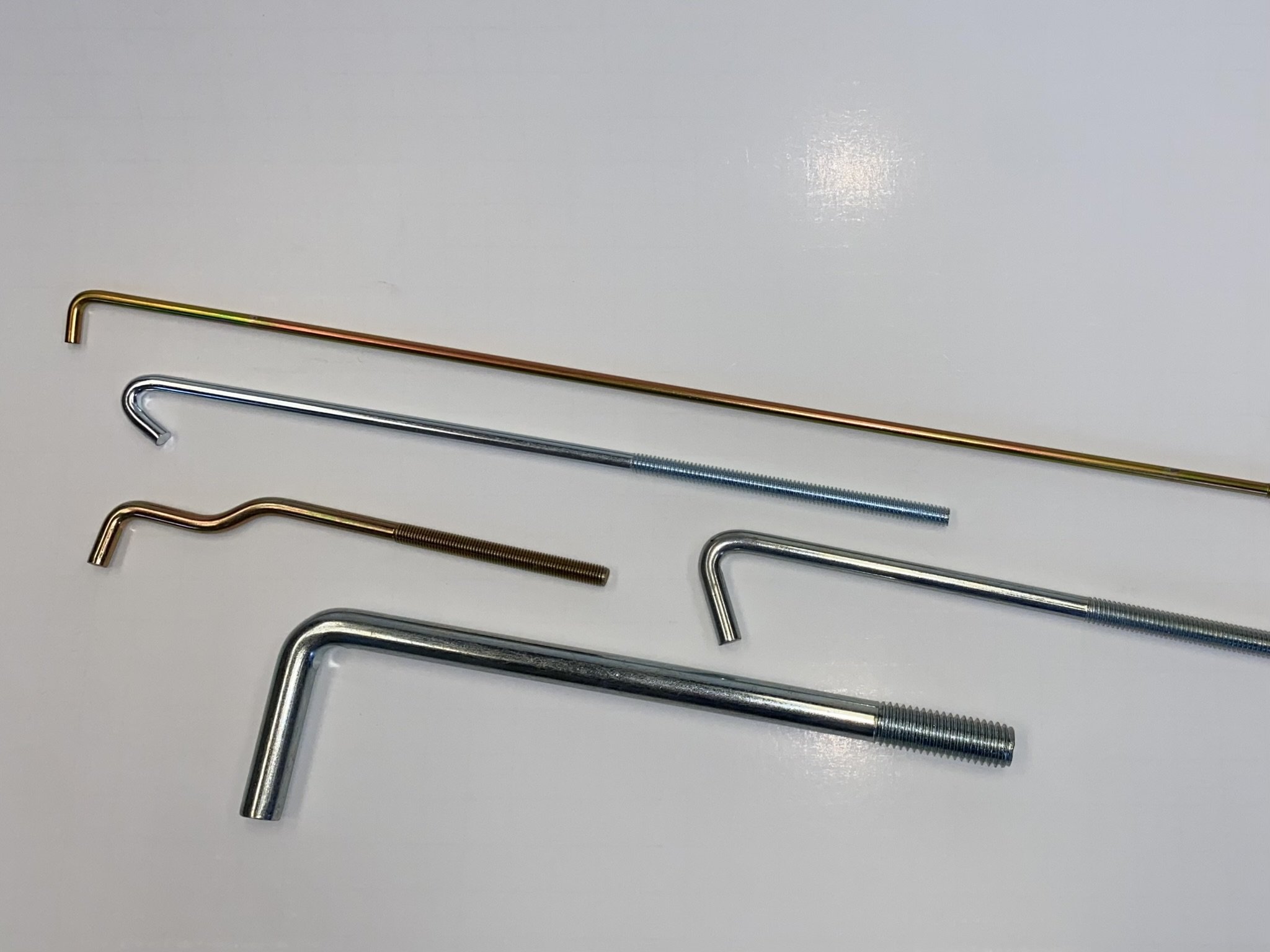
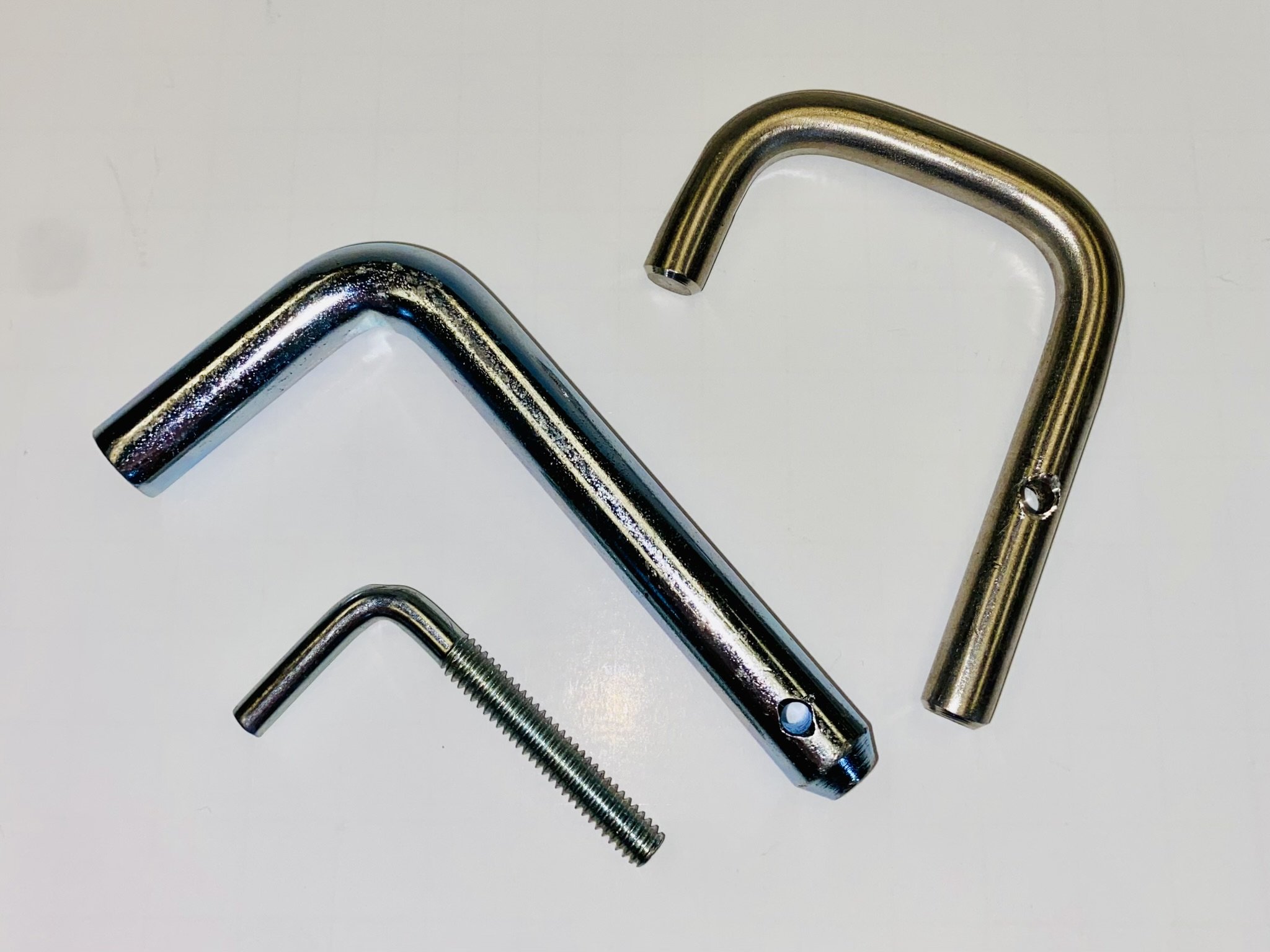

V-Bolts
R&R can create V-bolts to virtually any specification. V-bolts are essential components in a wide-range of products to help keep components joined together. V-bolts, also known as U-bolts with a V-section, are specialized fasteners commonly used for securing pipes, tubes, or other cylindrical objects to a flat surface.
V-bolts play a crucial role in providing stability and support in various applications, ensuring that tube or cylindrical components are securely attached to a fixed surface. The design and material selection depend on factors such as load requirements, environmental conditions, and the specific application's demands.
-
V-bolts typically consist of a threaded rod or bolt with a V-shaped bend at one end, forming the V.
The V-shaped bend is designed to fit around tubes, pipes or rods, providing a secure and stable attachment.
-
Pipe Support: V-bolts are commonly used to secure pipes to walls, floors, or other surfaces. The V shape allows for a secure grip around the pipe, preventing it from slipping or moving.
Mounting Cylindrical Objects: They are suitable for securing various cylindrical objects, such as conduits, cables, or shafts, to a fixed surface.
-
V-bolts are typically made of materials like steel, stainless steel, or other alloys, depending on the application's requirements.
They may be coated or plated with materials such as zinc or galvanized coatings to enhance corrosion resistance.
-
V-bolts come in various sizes and configurations to accommodate different pipe or tube diameters and loads.
Some variations may have additional features such as flanges, plates, or nuts for specific applications.
-
V-bolts find applications in agricultural, construction, plumbing, electrical installations, and other industries where the secure fastening of tube or cylindrical objects is necessary.
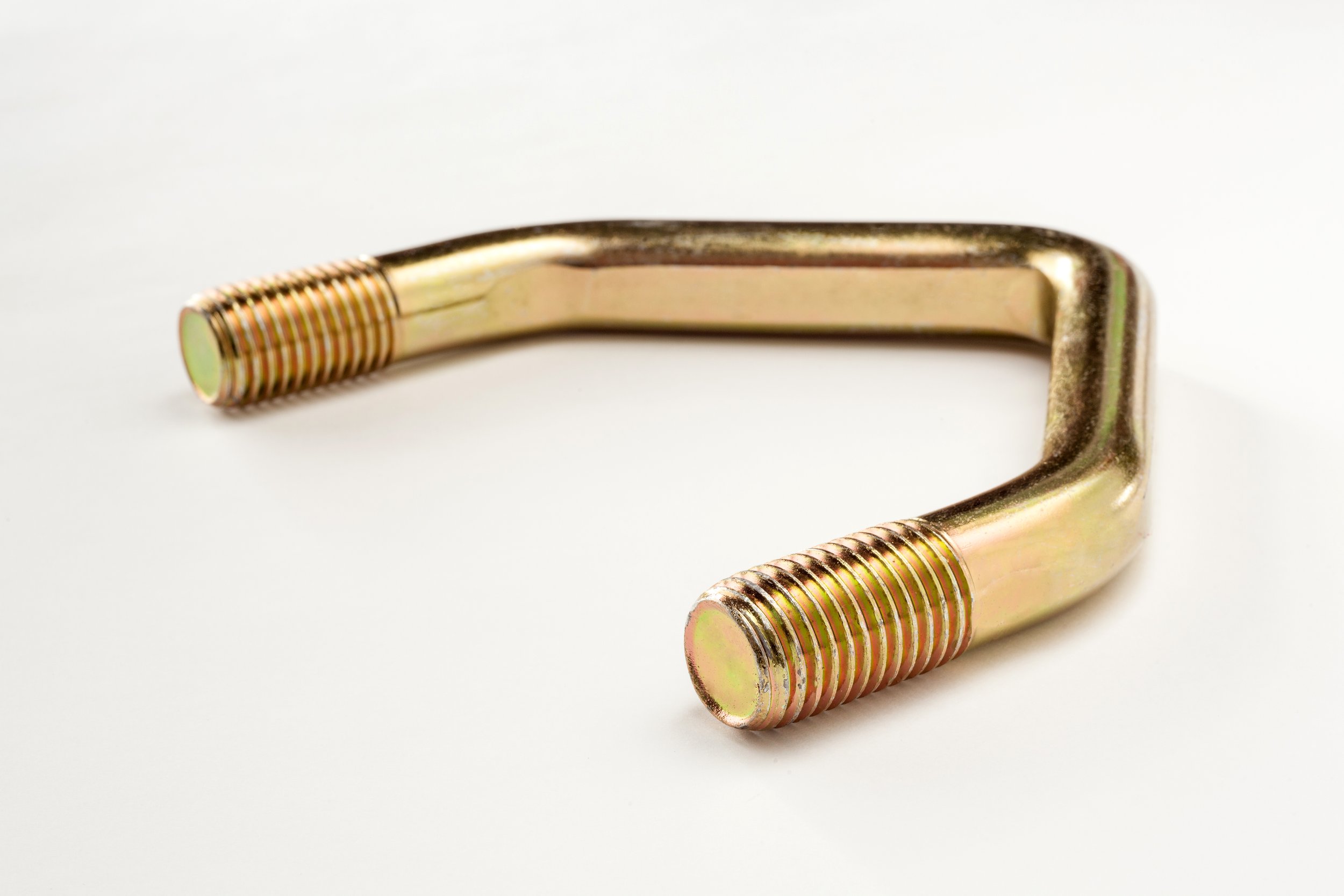
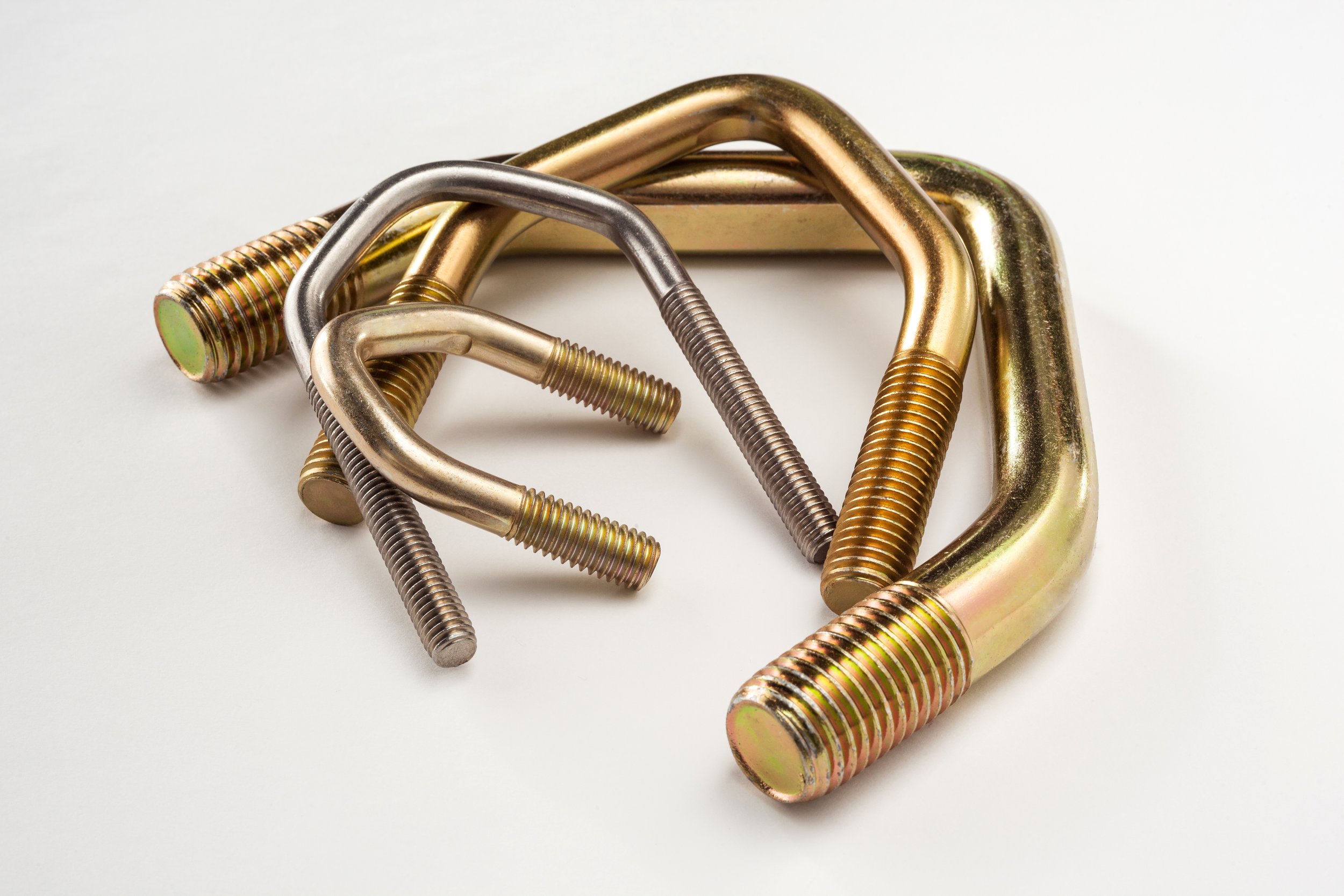
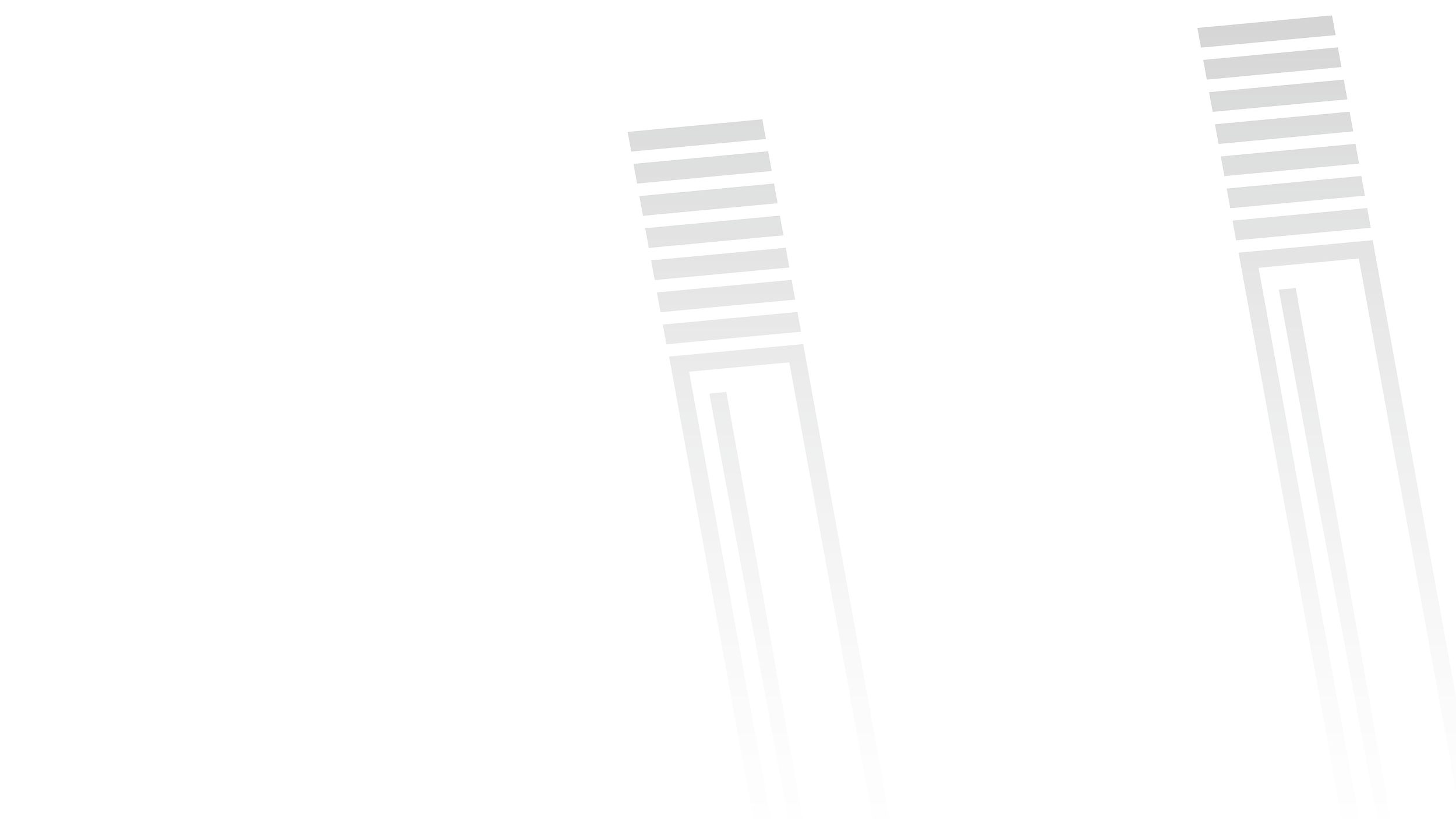
J-Bolts
R&R is a leading J-bolt manufacturer that supplies exceptional products to a wide range of OEM and aftermarket applications. We can supply J-bolts in a large range of shapes and sizes, depending on your requirements.
J-bolts are fasteners with a J-shaped bend at one end, designed for securing items to surfaces. They come in different variations, including round J-bolts, square J-bolts, and acute J-bolts. The specific type of J-bolt chosen for a particular application depends on factors such as load requirements, material compatibility, and the nature of the surfaces being fastened.
-
Design: Round J-bolts have a J-shaped bend with a circular cross-section. The straight portion of the bolt is typically threaded and used for securing nuts.
Usage: These bolts are commonly used for anchoring purposes, such as securing concrete forms, anchor bolts for structural elements, or for attaching items to surfaces.
-
Design: Square J-bolts have a J-shaped bend with a square or rectangular cross-section. The straight threaded portion is used for fastening with nuts.
Usage: Similar to round J-bolts, square J-bolts are often used in construction and structural applications. The square shape provides additional stability in certain situations.
-
Design: Acute J-bolts have a J-shaped bend, but the angle of the bend is acute (less than 90 degrees). The straight portion is threaded and used for nut fastening.
Usage: Acute J-bolts are used in applications where a specific angle is required for attachment. They are versatile and can be used in various industries, including construction and manufacturing.
-
Materials: J-bolts can be made from various materials, including steel, stainless steel, or other alloys, depending on the application requirements.
Coatings: To enhance corrosion resistance, J-bolts may be coated or plated with materials like zinc or galvanized coatings.
Sizes: J-bolts come in different sizes to accommodate various loads and applications.
-
J-bolts are widely used in construction, woodworking, metalworking, and other industries for anchoring and attaching purposes.
They are commonly employed in concrete and masonry structures, providing a secure and stable connection to surfaces.
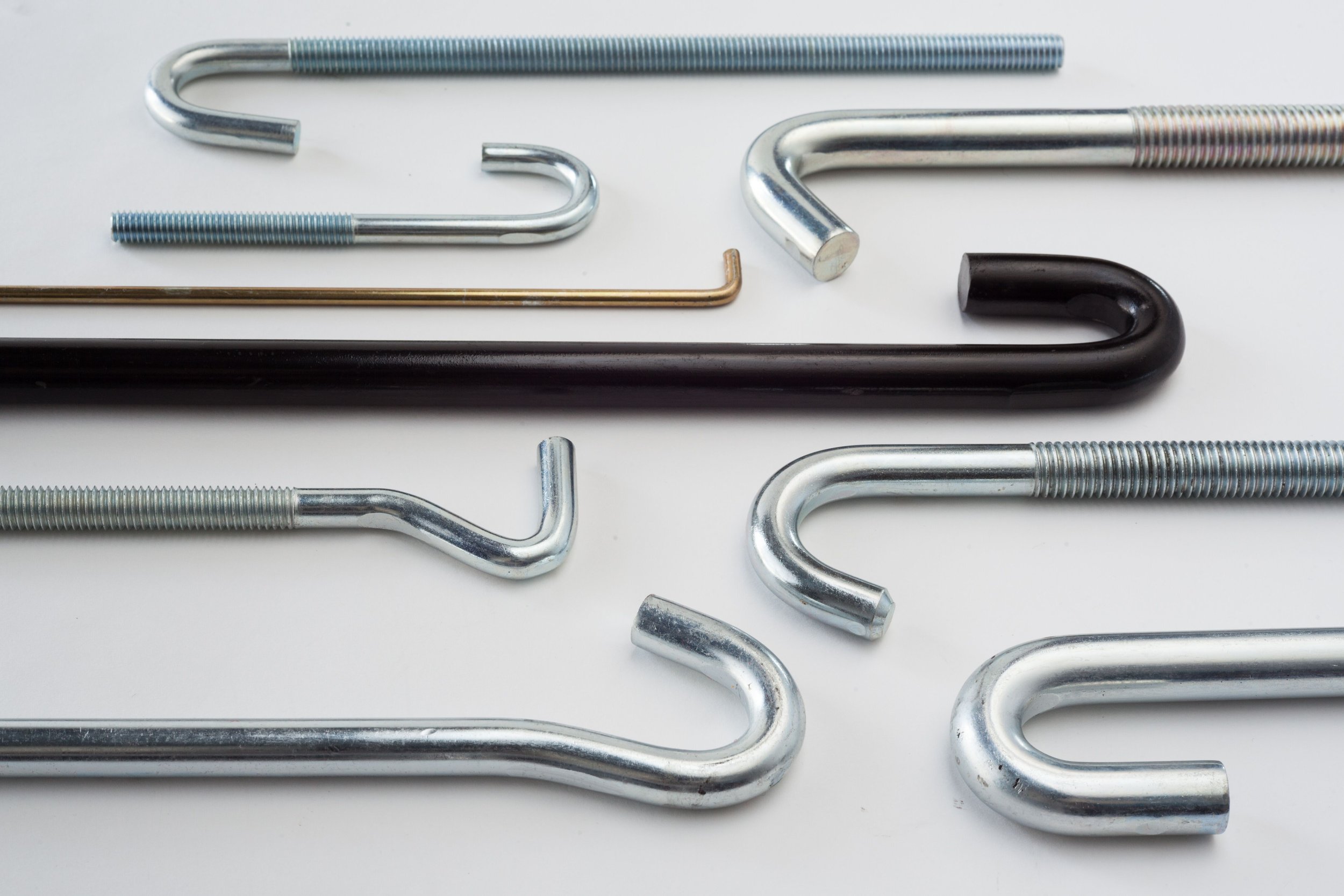
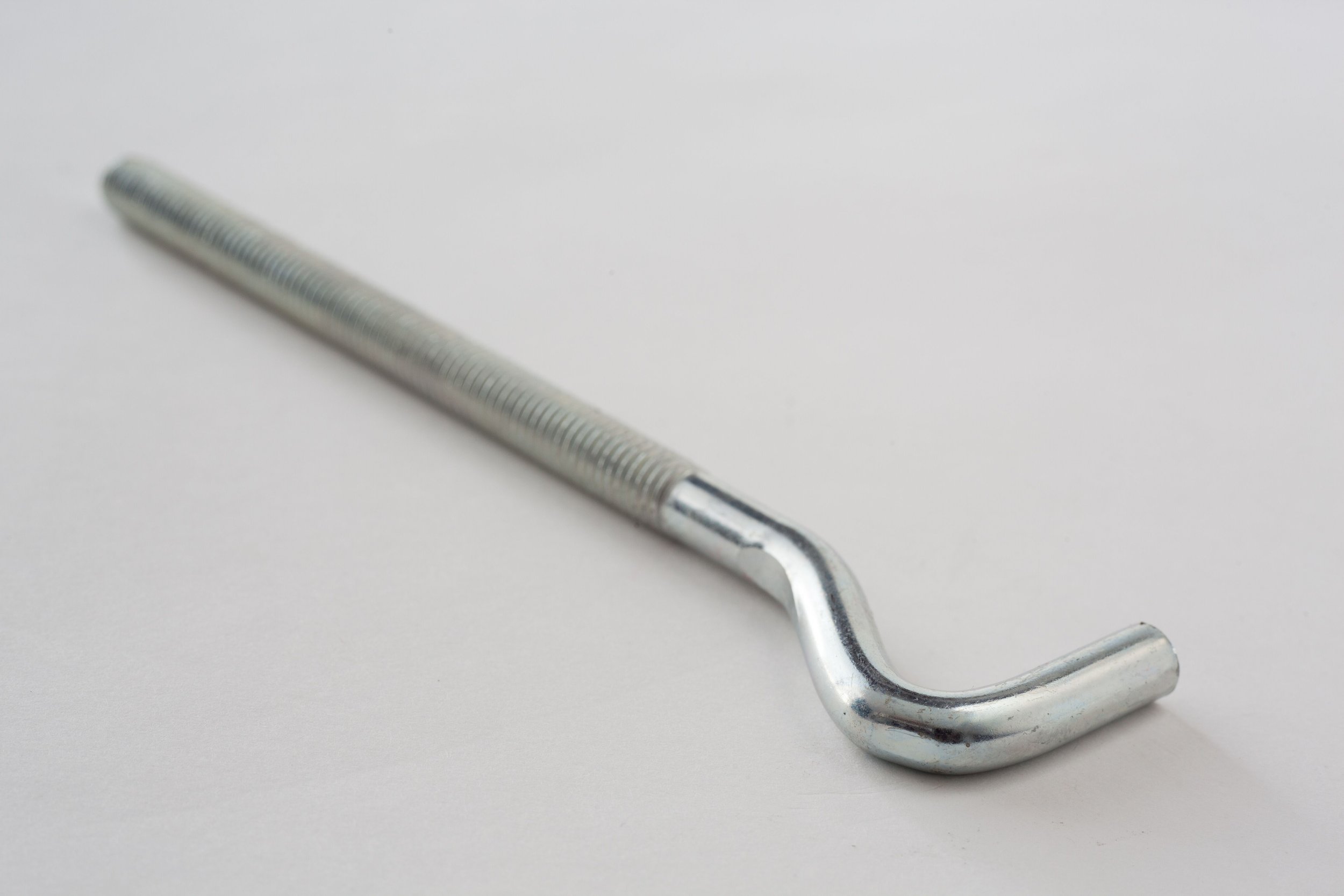
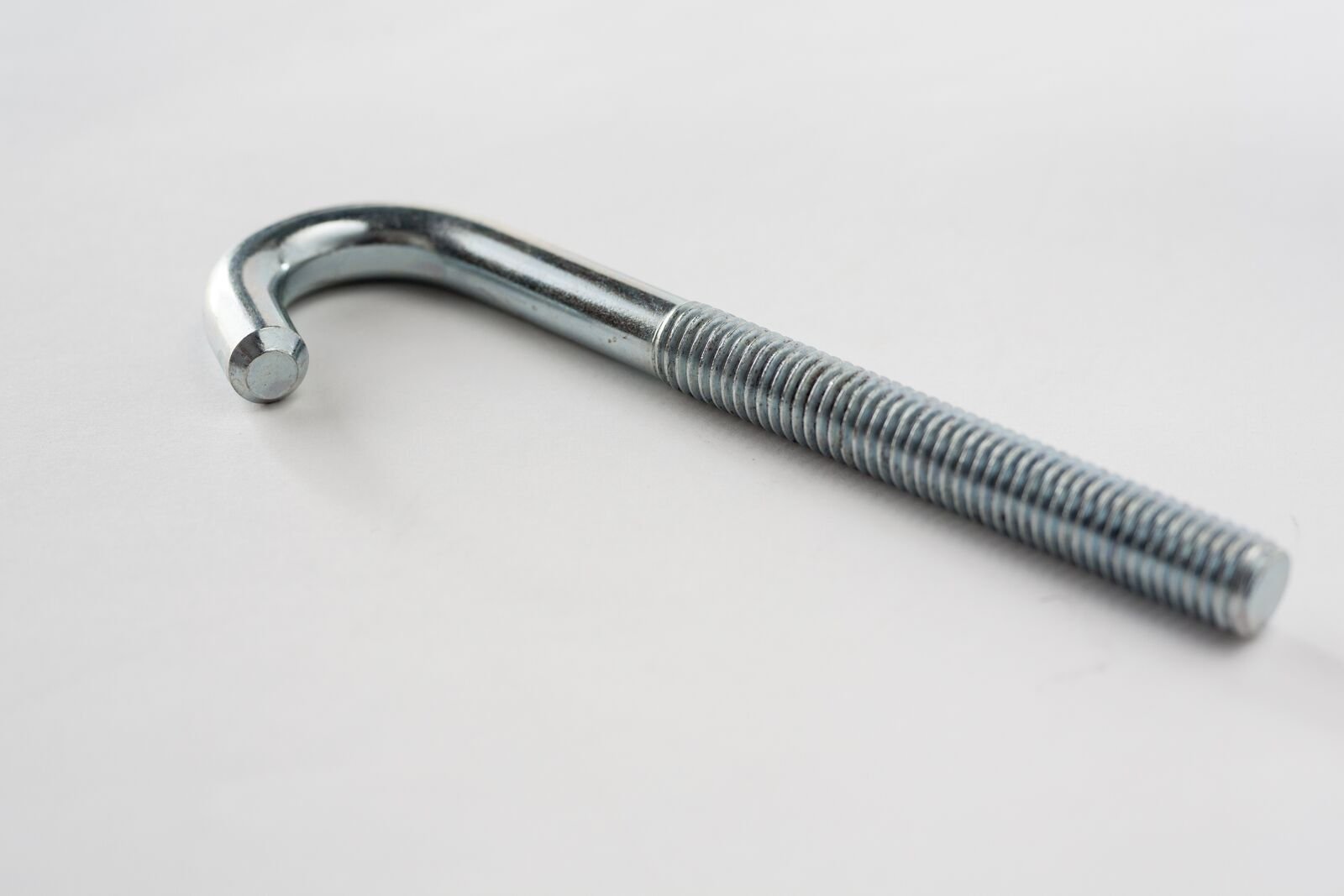

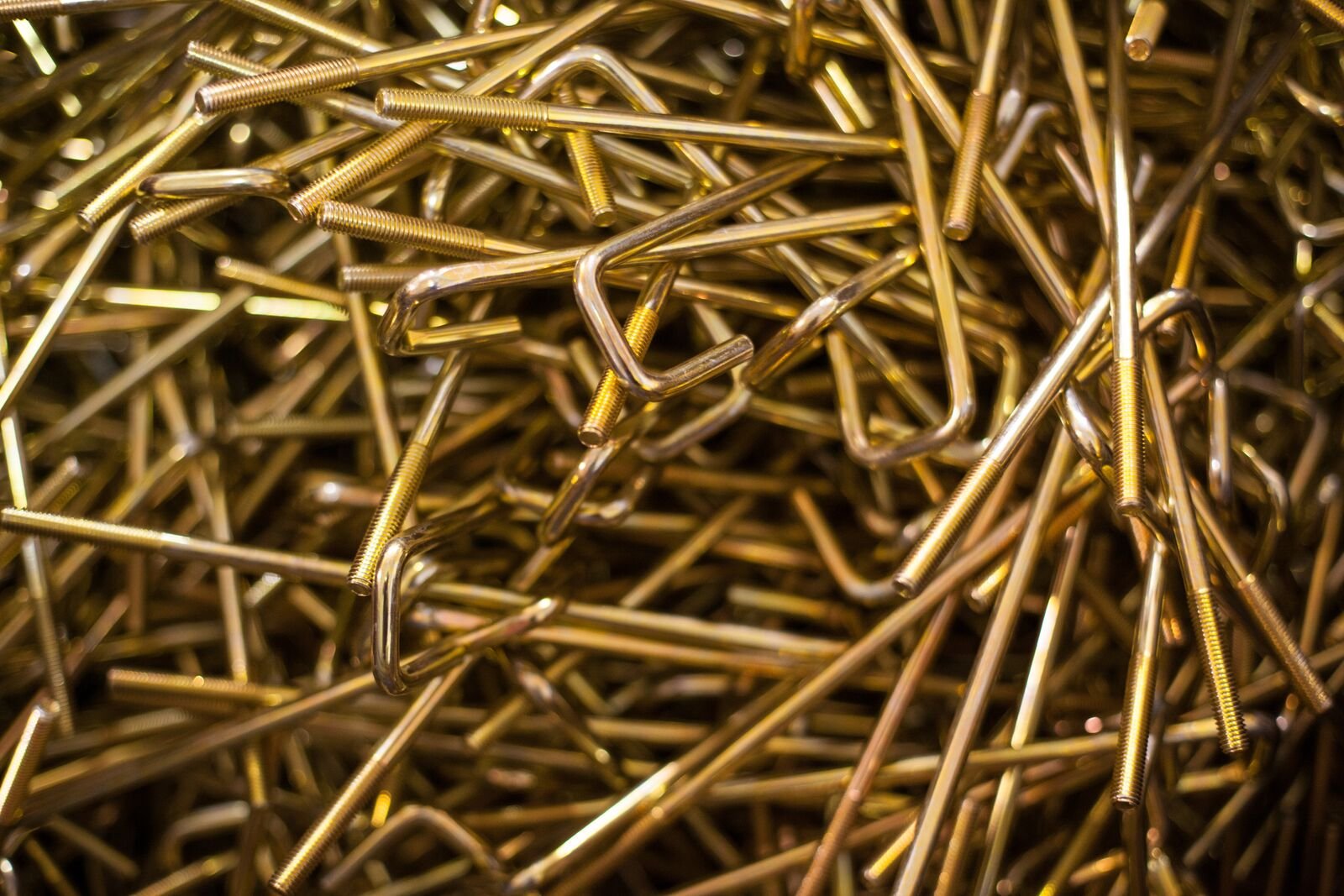

Specialty Wire Forms
As suggested by the name, these are not common fasteners but custom solutions for specific applications. These can fall into many of the categories above but the style in which they are formed makes each of them unique in their own way.
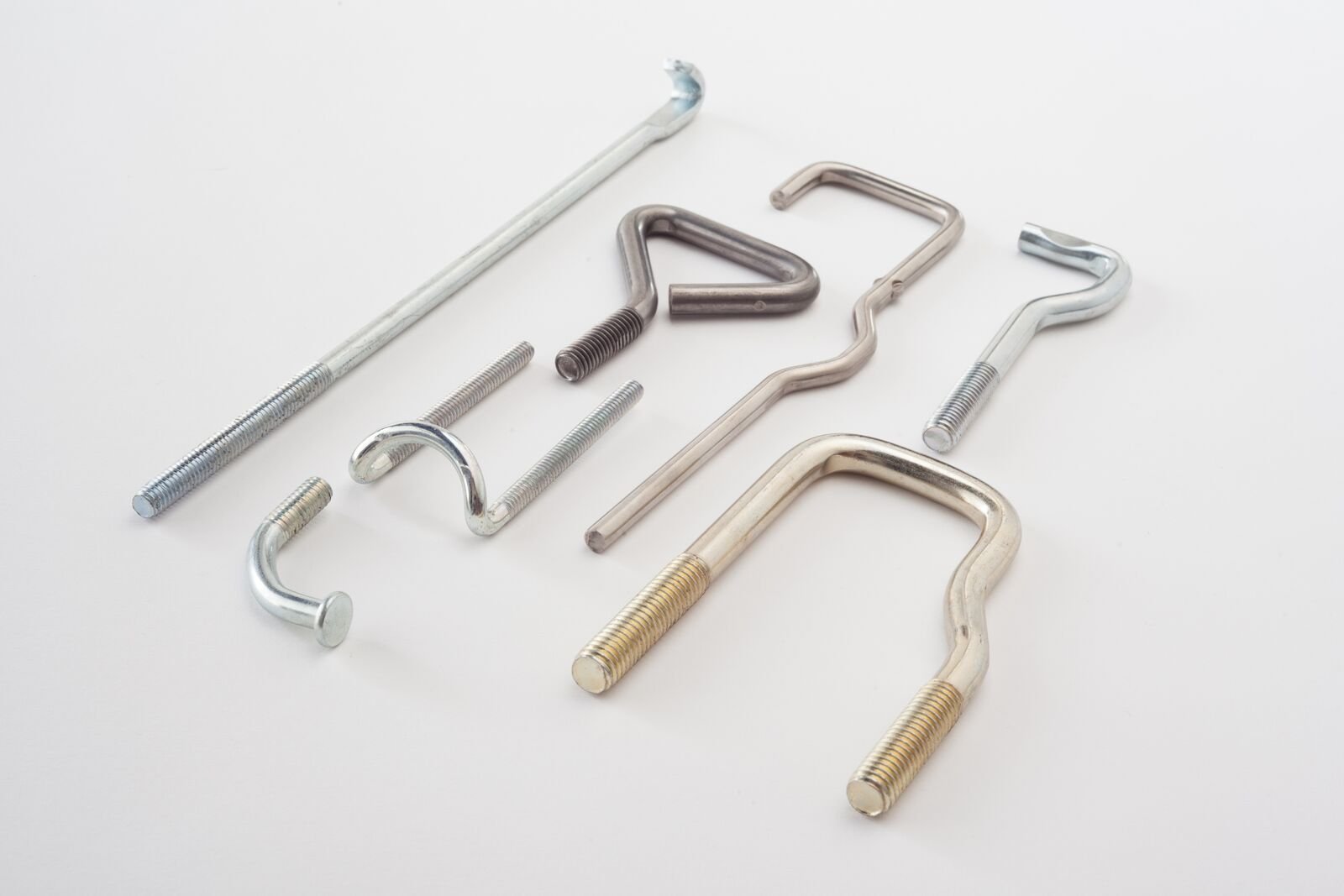
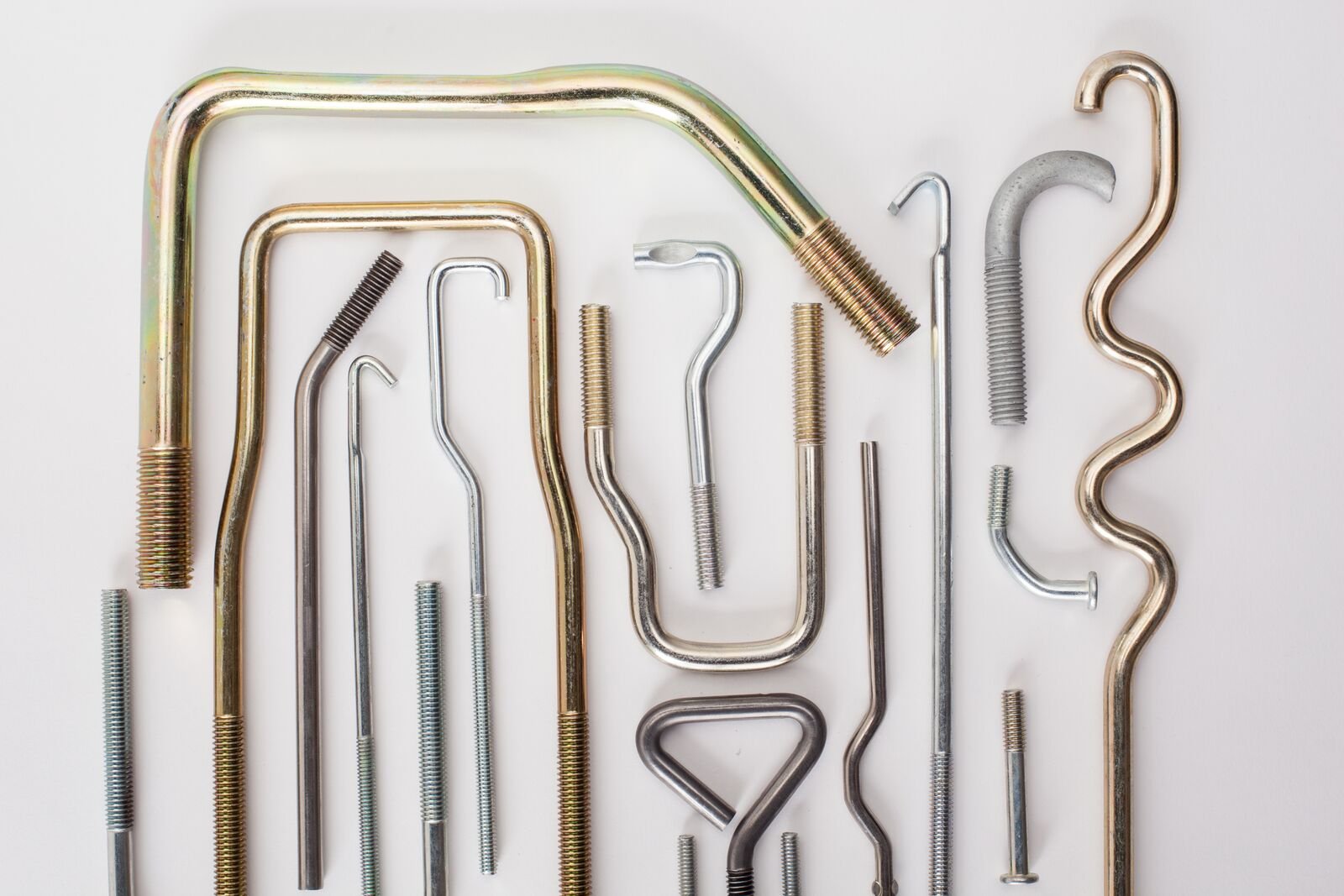
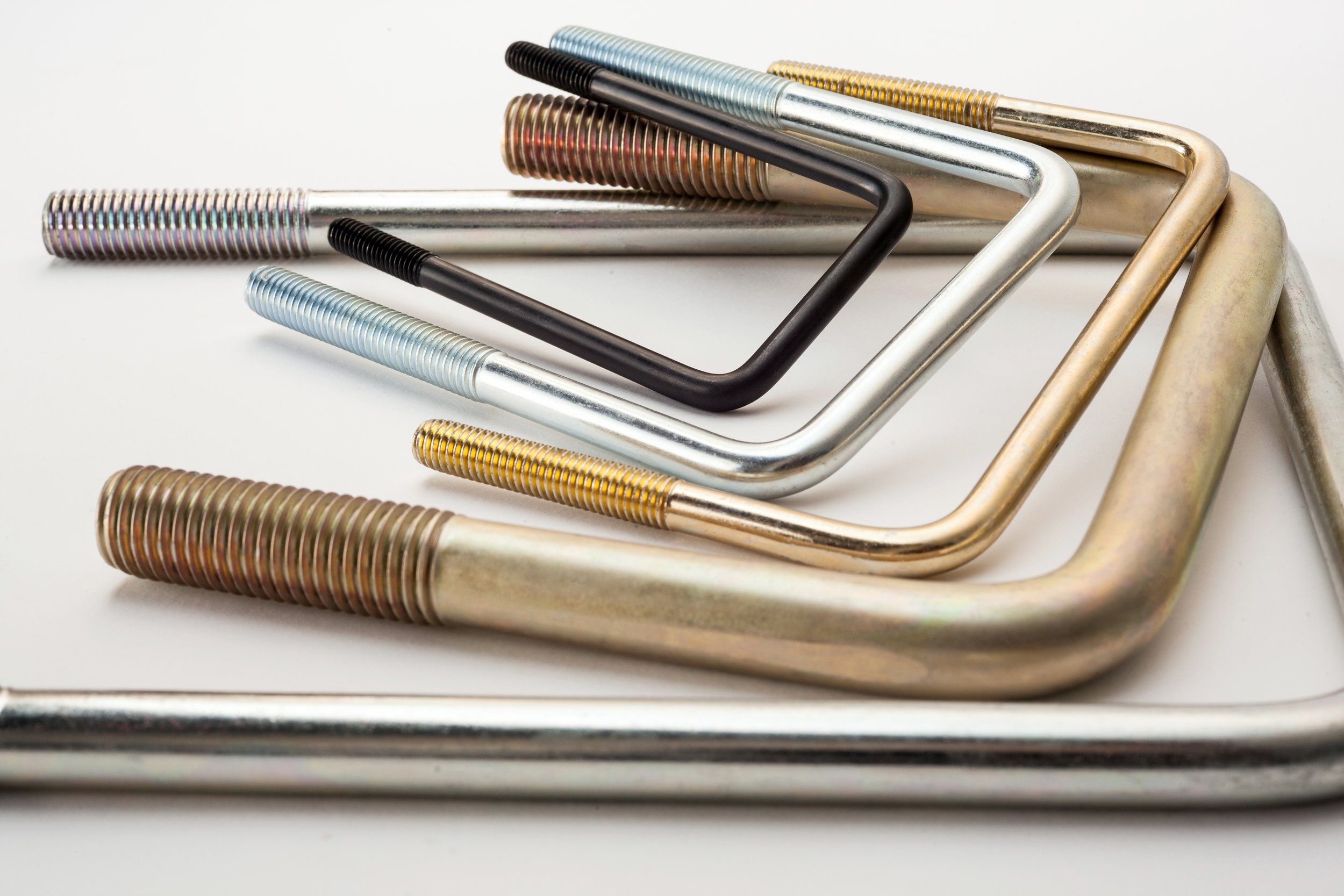
Looking for a supplier for your fastener needs?
Experience quality-controlled craftsmanship
